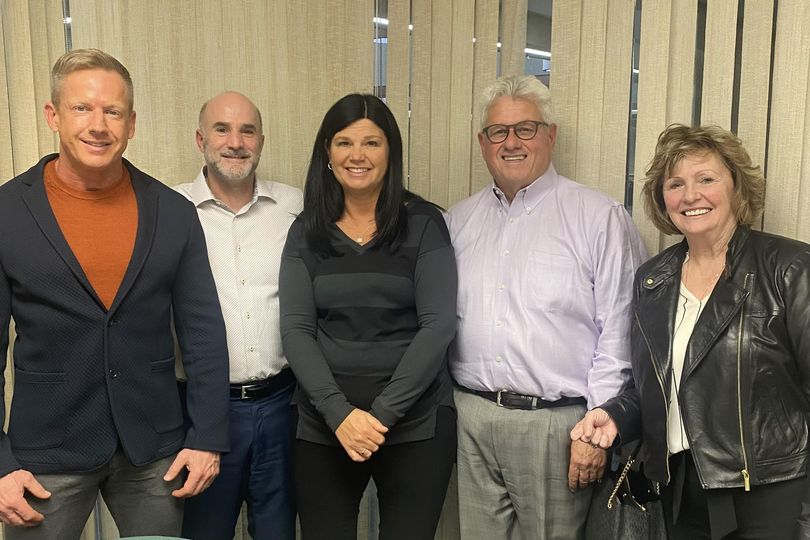The Introduction of TFCO

New Program Creates New Beginnings
The House of the Good Shepherd believes that the most appropriate setting to raise children is within a safe and nurturing home. We always strive to prevent the need for children to reside in residential settings, but some children still end up there when that cannot happen. To minimize the youth population in those programs, The House has plans to implement a new program model called Treatment Foster Care Oregon (TFCO). The House will focus on the children who are 5-14 years old for the first implementation, as the primary purpose of TFCO is to reduce the need for youth to enter institutional living.
Last month, The Treatment Foster Care Oregon(TFCO) President and CEO John Aarons, Mary Laws, Consultant for TFCO, and a former foster parent traveled to Syracuse to introduce the TFCO Model program to The House of the Good Shepherd and members of our Board, Berkshire Farm Center & Services for Youth, and The Children’s Home of Jefferson County to build public awareness about the program.
Treatment Foster Care Oregon is an evidence-based practice developed as an alternative for institutions, psychiatric hospitals, and residential care settings. TFCO offers intensive, behaviorally focused clinical treatment in a non-restrictive and community-based setting. Youth involved with TFCO will be placed individually in a specially recruited and trained foster home selected and approved by The House’s TFCO Team lead for an average 6-9 months stay.
The HGS TFCO team serves ten youths at a time and consists of a Team Leader, TFCO Foster Parent, Family Therapist, Individual Therapist, a skills coach, and a Recruiter/Trainer/PDR Caller.
The Proof is in the Numbers
TFCO is strongly influenced and builds itself off of evidence and research. After eight randomized clinical trials, TFCO reduces placement disruptions, prevents or reduces the number of days in institutional or residential settings, prevents the escalation of delinquency and youth violence, increases positive academic engagement, increases attachment, and TFCO graduates with children are significantly less likely to have child welfare involvement.
TFCO also produces a brighter future for the children of those previously involved in TFCO. After 9.5 years Post-baseline, those who were in a group and residential care setting who had children have a 36% rate of their child being involved in the child welfare system. However, those engaged in TFCO who had children have a 7% rate of their child being involved in the child welfare system. This shows that youth receiving TFCO intervention are five times less likely to have child welfare involvement when they have their own children.
TFCO benefits youth and families, as well as the community.
Benefits to Youth and Families:
- Specialized foster parent training
- Every day phone calls to TFCO Foster Parents
- Increased attachment for youth
- Increased academic engagement
Benefits to the Community:
- Reduced criminal behavior
- Reduced violence
- Reduced pregnancy rates for TFCO youth
Based on research and the strength of our TFCO team, The House believes that this model will be a great new chapter for the children in our residential programs, our new TFCO foster parents, and the future of our agency. This model will help us continue our mission of changing children’s lives and supports our continued vision of being the leading provider of treatment, education, and support services to the children and families of our community.

